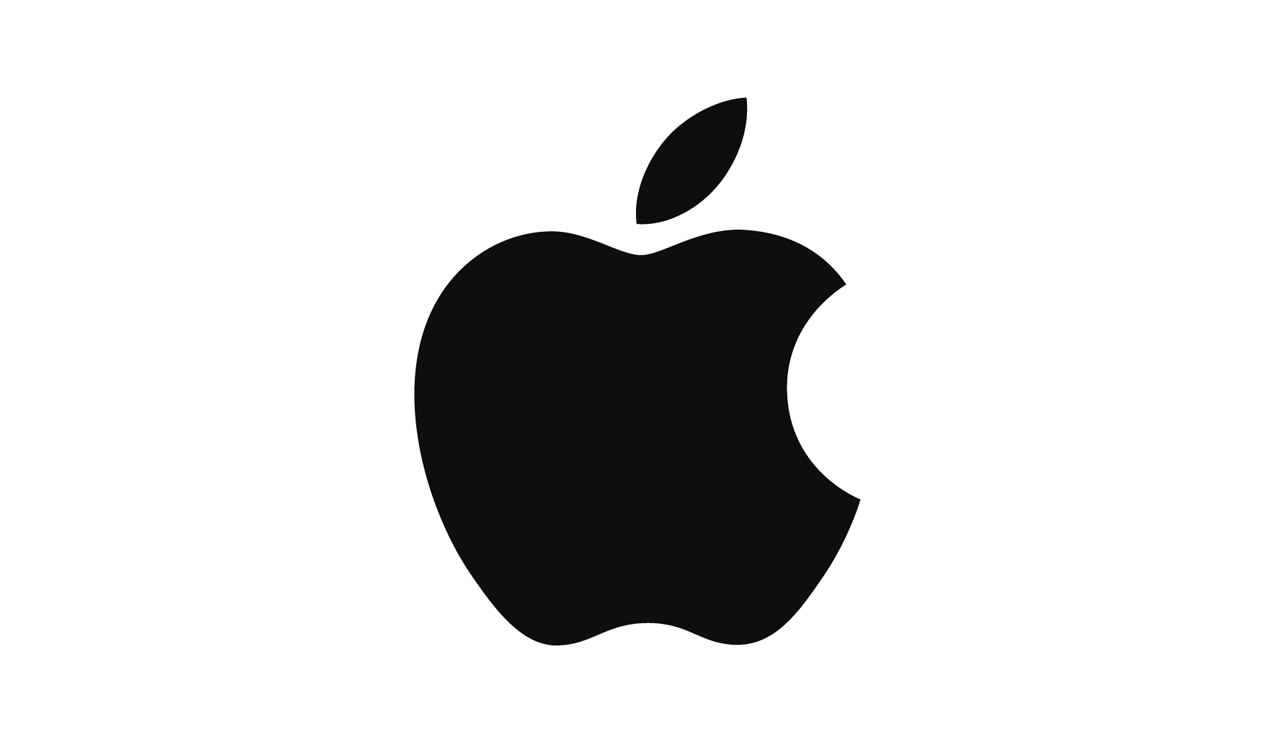
Emma Mohr-McClune, Chief Analyst for Technology at GlobalData, stated that this is likely the largest and most impactful consumer OEM low-Earth-orbit (LEO) deal to date. The agreement positions Apple as the clear leader among Western OEMs for offering extended direct satellite texting and calling services, catering to both emergency and remote use cases.
Updated On - 6 November 2024, 05:41 PM
New Delhi: The $1.5 billion Apple-Globalstar deal packs a competitive punch for virtually all corners of the connectivity market ecosystem, from carriers to original equipment manufacturers (OEMs), according to a report on Wednesday.
Apple plans to invest $1.1 billion in satellite communications company Globalstar, alongside a further $400 million for a 20 per cent equity stake in the business.
According to Emma Mohr-McClune, Chief Analyst, Technology at GlobalData, this is arguably the largest and most significant consumer OEM low-Earth-orbit (LEO) deal to date, and the arrangement puts Apple in a clear leading position among western OEMs for extended direct and mass-market voice satellite texting and even calling services for both emergency and remote use cases.
“In addition to continuing to allocate 85 per cent of its network capacity to Apple, Globalstar will use the $1.1 billion in preservice payments to deliver a new satellite service constellation, expanded ground infrastructure, and increased global mobile satellite services (MSS) licensing,” said Mohr-McClune.
The new arrangement represents a significant expansion of an earlier 2022 deal, which first gave iPhone 14 users access to Globalstar’s 31 L-band satellites for emergency text services – a service which has since been extended to remote or off-grid use cases with iOS 18.
According to the report, the Apple-Globalstar arrangement also lowers the incentive for mobile network operators to strike their own deals with satellite providers for connectivity.
“There is now no doubt that Apple iPhone users are likely to have faster, readier access to more sophisticated and extended D2D use case services regardless of their wireless connectivity provider,” said the report.
It can no longer be claimed that Apple has no interest in the connectivity business.
On the downside, Apple’s B2C direct monetisation plans for this investment are still hazy, and premium plans are likely still several quarters out, the report mentioned.





Leave a Reply